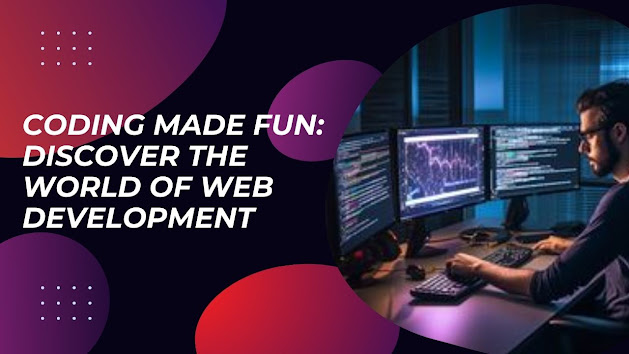Understanding Storytelling in Video Editing
Introduction
Video editing is not just about cutting
clips or adding effects — it’s about telling a story that connects with the
audience emotionally and visually. Every great video, whether it’s a movie, commercial,
or social media reel, relies on storytelling. For students learning video
editing, understanding how to shape a story through visuals, sound, and rhythm
is the key to becoming a professional editor.
If you’re learning at a Video Editing Centre
in Yamuna Vihar or enrolled in Video Editing Classes in Uttam Nagar, mastering
storytelling techniques will help you create videos that don’t just look good —
they feel meaningful.
1. What Is Storytelling
in Video Editing?
Storytelling in video editing is about
structuring visuals, audio, and transitions to communicate an idea or emotion.
It’s how editors guide the viewer through a journey — from the beginning to the
end — using pacing, shots, and sound. Even a 30-second clip can tell a powerful
story if it’s edited thoughtfully.
Students at any Video Editing quickly
learn that editing is where the real story takes shape. It’s not just about
technical precision; it’s about understanding emotion, timing, and the message
behind every frame.
2. The Power of Pacing
and Rhythm
Every story has a rhythm — some scenes
need quick cuts for excitement, while others need slower pacing for emotional
depth. A skilled editor knows how to balance both. Pacing determines how long a
viewer stays engaged. By learning pacing techniques at a Video Editing Centre in Uttam Nagar,
students can make even simple clips feel dynamic and cinematic.
3. Creating Emotional
Impact Through Editing
Emotion is the soul of storytelling. The
right music, sound effects, and transitions can completely change how a scene
feels. For example, a sad scene can become inspiring just by changing the
background score. Editing gives students the power to evoke feelings through
visuals — a skill every great storyteller possesses.
4. Using Cuts and
Transitions Wisely
Cuts and transitions are not just
technical elements; they’re creative tools. Jump cuts, crossfades, and match
cuts can all influence how a story unfolds. Overusing flashy transitions can
distract from the story, while subtle edits can keep the audience emotionally
invested. Students from Video Editing often practice different editing styles
to find the perfect storytelling flow.
5. Building a Strong
Narrative Flow
Every video should have a clear
beginning, middle, and end. Organizing clips in a logical and emotional
sequence helps the viewer stay connected. Storyboarding before editing can help
students plan how visuals and sound will work together to convey the message
effectively.
6. Visual Consistency and
Style
Good storytelling also depends on
consistency — in color tones, lighting, and visual effects. Keeping a unified
style throughout the video makes the story more believable and professional.
Students at Video Editing Centres in Yamuna Vihar
learn how color grading, lighting correction, and tone adjustments strengthen
the overall narrative.
7. Storytelling Beyond
the Script
Sometimes, the footage itself tells a
story better than any dialogue. Editors can use reaction shots, background
details, or silence to express emotion. Understanding these subtle moments is
what separates an average video from a great one.
Conclusion
Storytelling in video editing is a blend
of creativity and technique. It’s about transforming raw footage into a
meaningful experience that leaves an impression. Whether you’re editing a vlog,
a film, or an advertisement, the story should always guide your editing
choices.
For students learning at a Video Editing
Centre in Yamuna Vihar or pursuing training at a Video Editing Centre in Uttam
Nagar, developing storytelling skills will help you craft videos that truly
connect with audiences and showcase your creative potential.visit us
Suggested Links: –




Comments
Post a Comment